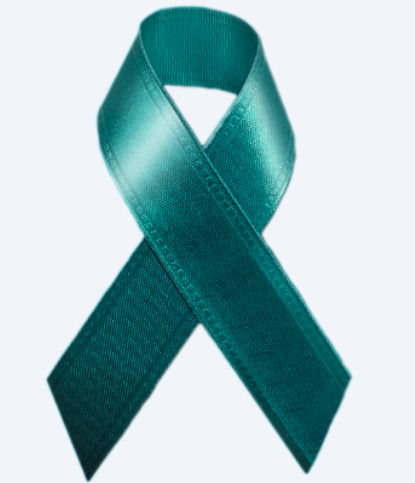


February is Ovarian Cancer Awareness Month which calls for “ovary-action.” Researchers at Ovarian Cancer Australia believe they have never been closer to improving treatment for the nation’s deadliest female cancer, so it’s more important than ever to raise awareness.
Currently, 1 woman dies every 8 hours from ovarian cancer and only 46% of women diagnosed will survive beyond five years.
Ovarian Cancer Awareness Months aims to boost awareness around the signs and symptoms of ovarian cancer, share the stories of women affected by the disease, and provide education on diagnosis, treatment options and risk factors.
Our home doctor experts at House Call Doctor have all the information you need to know.
What is ovarian cancer?
Ovarian cancer describes a cancerous tumour on one or both ovaries. It’s the eighth most common cancer in Australia. There are several types of ovarian cancer that are treated differently.
- Epithelial tumours (the most common type, which begins in the cells lining in the surface layer of the ovary)
- Germ cell tumours (begins in the cells eventually developing into eggs)
- Stromal cell and other rare types (this includes sarcomas, stromal tumours and sex-cord stromal cell ovarian cancer).
Signs and symptoms
Unfortunately, there is no early detection test for ovarian cancer, so it’s important to learn about the signs and symptoms to look for.
Common symptoms include:
- Abdominal or pelvic pain
- Increased abdominal size or persistent bloating
- Feeling full after eating a small amount
- Needing to urinate often or urgently.
Other symptoms to keep an eye out for:
- Changes in bowel habits
- Lower back pain
- Unexplained weight gain or loss
- Excessive fatigue
- Indigestion or nausea
- Pain during sex or bleeding afterwards
- Bleeding after menopause or in-between periods.
If you are experiencing any of these symptoms and they are causing you trouble, you should see a doctor. If you are not satisfied or comfortable with your doctor’s initial diagnosis, you should seek a second opinion.
Risk factors
The exact causes of ovarian cancers are unknown, however there are a few factors that may increase a woman’s risk, such as:
- Increasing age
- Hereditary factors
- Previously having endometriosis, breast cancer or diabetes
- Being overweight
- Smoking
- Hormone replacement therapy.
How to get involved
Head to the Ovarian Cancer Australia website to download information and resources to educate yourself. You can also participate in the Butterfly Challenge on social media to help raise awareness by doing the butterfly pose for five minutes per day to represent the fact that less than half of women diagnosed survive five years. On February 24th, Ovarian Cancer Australia will triple any donations made, including funds raised from the purchase of teal merchandise which can be found at your local TerryWhite Chemmart.




